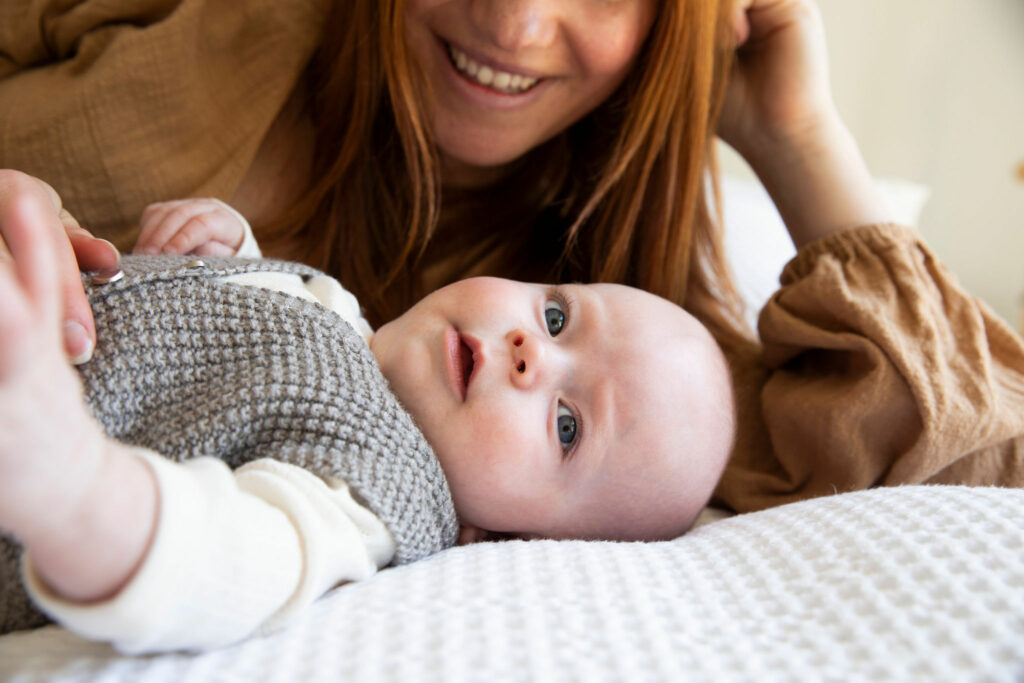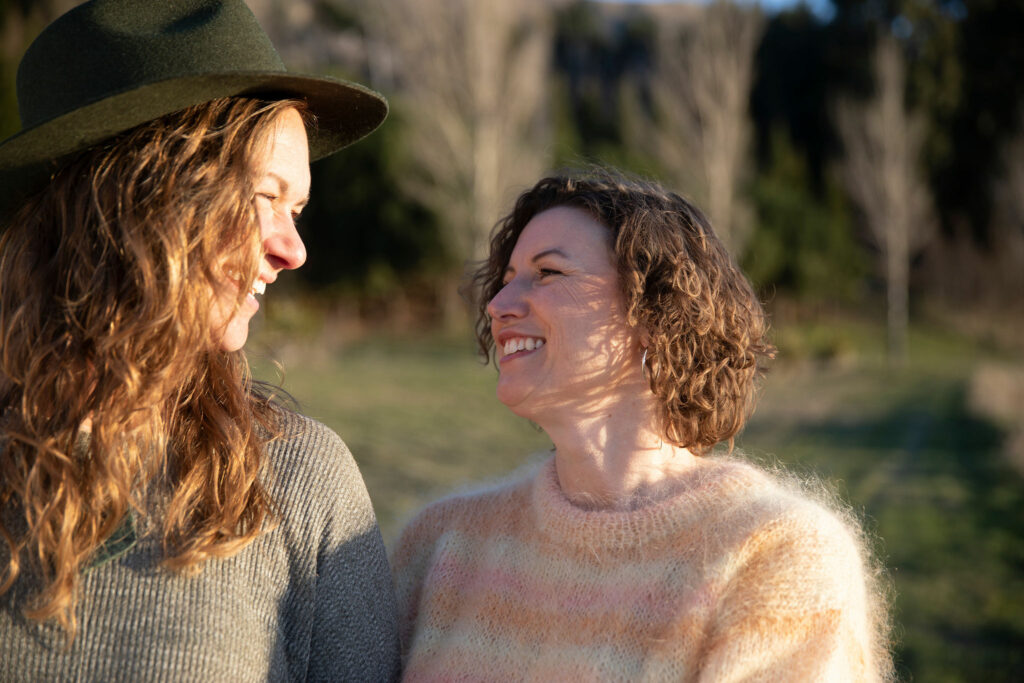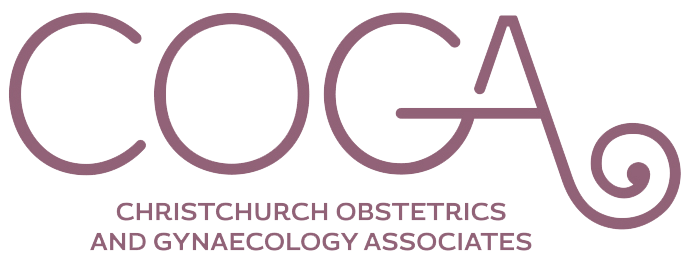Why are we having fewer babies?
A declining global birth rate may seem like a good thing for an overpopulated world, but there are negative repercussions for society. So what’s behind the baby bust?
Birthrates in steady decline
Back in 1950, the average number of children a woman was likely to give birth to was 4.7. By 2017 this had dropped by nearly half to 2.4 and according to a recent study by the University of Washington’s Institute for Health Metrics and Evaluation, it is projected to drop further to 1.7 by 2100.
If the global projections are correct and the birth rate drops below 2 worldwide (the replacement level is 2.1 children per birther) it could have significant effects on our societies. In New Zealand we are already below 2, after dropping a further 2% since 2013 to our current birth rate of 1.6. This is not unusual in high income countries. Germany has recorded more deaths than births for the last 30 years and the United Nations predicts that 23 countries will see their populations halved by the end of the century.
(It’s worth noting, however, that New Zealand’s population is growing due to immigration, which may steady our decline over the long term.)
From a worldwide perspective, an aged population makes it difficult for the wheels of society to turn. Older people work less which means less tax income for governments. There are also likely to be more people who need care than there are carers. These projections from the study paint a fairly dire picture:
- Under 5 year olds will drop from 681 million in 2017 to 401 million in 2100
- Over 80 year olds will grow from 141 million in 2017 to 866 million in 2100
Perhaps humanity will find ways to deal with this change – and perhaps the projections are incorrect – but it does raise the question: why are women having fewer babies?
Aside from education, economics and environment, it has also become more socially acceptable to choose not to have children.
A perfect storm: education, environment, economics and acceptance
A large part of this is education. Women are no longer delegated to the home and many are choosing a career over motherhood, or waiting longer to have children and therefore having fewer of them. It’s also a reality that some see the world they live in as not conducive to child rearing, whether that be due to climate change or due to the challenging economic environment.
In some societies, such as the USA, families suffer with lack of support for healthcare and childcare, which may be a factor for a drop in birth rates. However, data has also shown that in the USA, motherhood has actually risen in recent years – but the number of children per woman has dropped, with mothers tending to be older. In fact, the birth rate for US women aged 40-44 rose four percent in 2022 to 2.5 births per 1000 women. Interestingly in the same year, teen birth rates dropped to a record low of 13.5 births per 1000.
Aside from education, economics and environment, it has also become more socially acceptable to choose not to have children. Comedians like Chelsea Handler even build their careers on making jokes about how great it is being childless.
Back in the 1950s when families tended to have at least six seats at the dinner table, childless couples were frowned upon, but in current day New Zealand, couples without children account for more than half the projected growth of all families. According to Statistics NZ, couples without children will make up 45% of families by 2038.




Repercussions for fertility
Those who wait until they are older before conceiving do experience some problems. Around 1 in 4 women have some kind of fertility delay when trying to conceive, with 1 in 8 requiring medical intervention to help them on the road to pregnancy. In our clinics, we see many women aged 35+ experiencing reduced or delayed fertility. Some require treatments to help them conceive, which can put an extra load on their already burdened shoulders.
However, there are now many options for women who want to have children beyond their 30s, which range from egg freezing to fertility treatments. Please don’t hesitate to make an appointment if this is something you wish to discuss. Our experienced doctors can explain the choices available to you and help you navigate the system.

